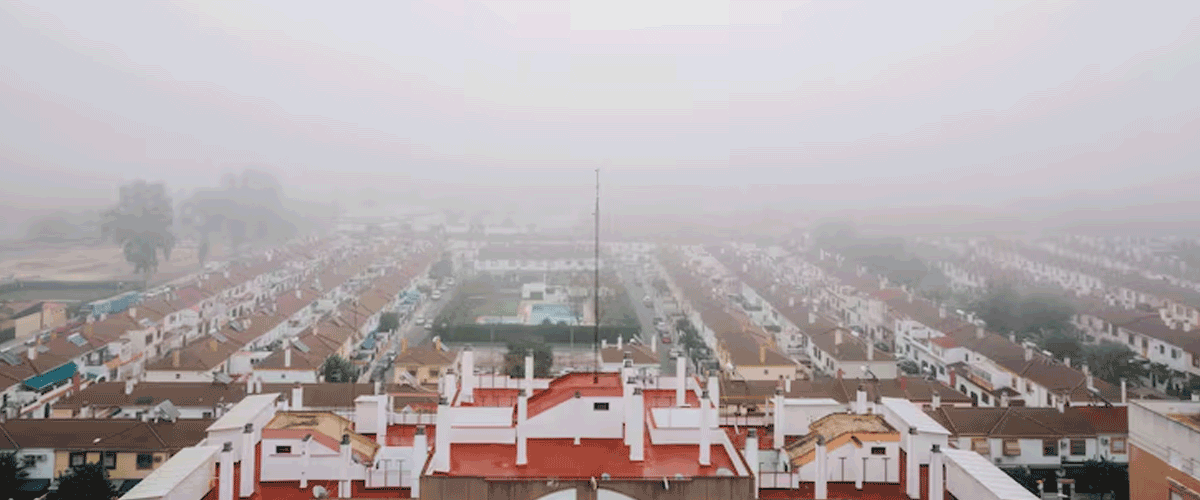(An Autonomous Body Recognized by Ministry of Commerce & Industry, Government of India)
Competency based placement focussed Education | Training | Research | Consultancy

Santiago Sees Cleaner Winter Air After Decades of Pollution-Control Measures
This winter, Santiago’s mountains were visible more days than usual, highlighting a significant drop in smog. Decades of air pollution mitigation policies are now paying off: critical episodes of fine particulate matter (PM2.5) fell by 66% over the last decade, making 2025 the third best year since Chile’s first atmospheric decontamination plan in 1997. Measures such as modernising public transport, banning wood-burning heaters in winter, and vehicle circulation restrictions have contributed to the improvement. Compliance has increased, with wood-burning violations down 88% and traffic restrictions better followed. Electric buses now make up 30% of the 9,000-unit fleet, easing pollution peaks.
Despite these gains, experts warn challenges remain: ozone levels rise in summer, and home electrification lags due to energy poverty. Residents report improved health, particularly for children, and fewer respiratory issues. While Santiago’s winter air shows real progress, continued policy enforcement and investment are needed to sustain cleaner air year-round.
07-10-2025
📰 Recent News
- Warming Seas and Human Pressures Threaten California’s Sea Otters
- Global Seafood Trade Spreads ‘Forever Chemicals’ Beyond Pollution Hotspots
- Former Officials Warn of Unprecedented Rollback at US Environmental Agency
- US Policy Shift Intensifies Bayer’s Roundup Legal Battle
- European Parliament requests EFSA review on microplastics in food, water, and air
- Study Links PFAS-Contaminated Water to Severe Infant Health Risks
- Washington Program Targets Safe Disposal of PFAS Firefighting Foam
- EU Pesticide Review Proposal Sparks Backlash from Environmental Groups
- Nature Sustainability Showcases Safer Bisphenol Design Approach
- Chemical Pollution Linked to Rising Men’s Health Risks in Europe, Report Warns
